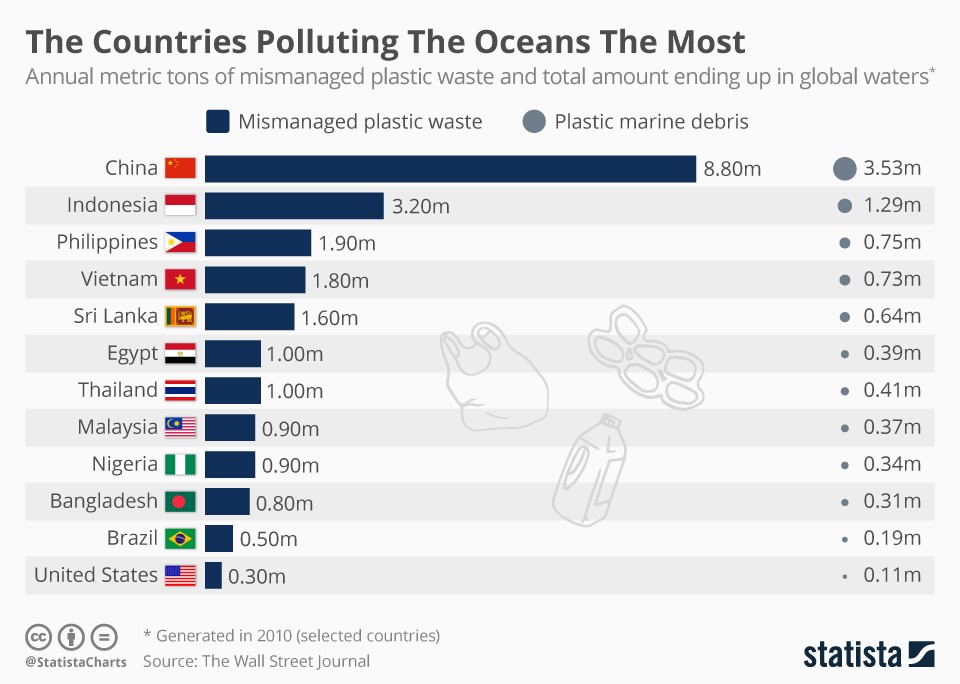Background
Bill 40 in its current form is simply not logical to practically ban all plastic packaging to the food industry. Councilmember Manahan changed this Bill in the 11th hour to adopt stronger language to rid Hawaii of Plastic packaging waste.
Objection:
This Bill may cause harm to our customers, by not factoring in basic food safety packaging standards, which provides an effective barrier against chemical, physical, and biological hazards. By just switching to paper (celluloses) or current alternatives may be jeopardizing the public health in the State of Hawaii. Forcing our industry to switch to paper and cardboard base packaging may not provide the layer of safeguard required to prevent foodborne illnesses.
Deficiencies in Bill 40 Section 1:
- Third paragraph First sentence reads: A significant portion marine debris—estimated to be 80%–originates on land, primary as escaped refuse and litter, much of it plastic, in urban runoff. There is no supporting documentation provided that states who “estimated” it and how did they arrive to the conclusion? This number appears to be pulled out of “thin air”. The bill does not address specifically, what scientists say, that the bulk of the garbage patch trash in our oceans comes from China and other Asian countries. This shouldn’t be a surprise: Overall, worldwide, most of the plastic trash in the ocean comes from Asia. Sep 7, 2018

- Fourth paragraph second sentence in-part reads: In order to protect health, life and property…, We can stop right there and no need to finish the sentence. There is zero support that this Bill will “protect health, life, and property”. There was no microbial impact statement that supports this sentence. As a matter of fact, this bill may result in unsafe and unhealthy packaging conditions, which could cause illness. Please explain how “re-useable straws” and other containers made of carboard or paper will not pickup/absorb contamination or cross contamination of pathogens in the environment like Listeria monocytogenes (Lm) or Salmonella etc? Re-usable straws may develop biofilms that prevent sanitizer(s) from penetrating the biofilm. No way to scrub the inside of a small opening straw. The public must be protected from food born hazards at all times. This bill appears to present the opposite and total disregard for the prevention of microbial contamination. Simply put, this is an unsafe bill.
- Fourth paragraph reads that it must reduce per capitol waste generation by 25 %. So exactly how much is that per person in our state? Are we heading back to “cloth diapers”? Common sense must prevail. It also states that this must be achieved by 2030. There is plenty of time for due process to be achieve, to complete this bill to implementation in 10 years (not in one year-January of 2021).
- Food containers which protect the consumer are not exempt, but newspaper plastic bags are exempt. Newspapers should come up to the same standard. The Honolulu Advertiser states their daily subscription is 141,934 each morning and 155,932 on Sunday. How many of these papers are in plastic bags? The newspapers should find an alternative solution as well. Fair is fair.
- Sec.41-27.3 (c) states in part that pre-packaged foods products that are outside of a business’ sphere of control are exempt from compliance with the prohibitions of Section 41-27.2. Surprisingly, this bill does nothing to stem the flow of plastic and plastic transportation product waste from the mainland to our beautiful state. This is not acceptable, not fair, and a green light for the mainland and elsewhere to keep the tons of plastic flowing to our islands. More needs to be done here.
- Section 7. Section 41-27-5 for enforcement states that enforcement is under the department of environmental services and the jurisdiction of the HPD. This makes absolutely no sense. The food handling permits are enforced by the DOH. The DOH (Peter Oshiro group) are in these establishments each and every year. They can simply check invoices to inventory to ensure compliance in less than five minutes. Let’s no burden our fine HPD police with plastic fork non-compliance issues.
Conclusion & Relief:
The relief that we seek to remedy this flawed Bill 40 is the following:
- Councilmembers Please read this peer review Bio-based polymers for sustainable packaging and bio-barriers: A critical review.
- Councilmembers please provide for a study to be performed by the University of Hawaii to test current “non-plastic” cellulose type packaging for water absorption, microbiological, and other known hazards against current protective barriers.
- Councilmembers should understand the limitations of paper (cellulose) packaging and protective barriers as stated in the Peer Review Journal cited.
- Councilmembers should agree to listen to the scientists that recently stated in 2019, that the use of bio-based materials is not as matured and needs further development. Growing interest in designing packaging concepts include multilayer structures. PLA, PBS, and PHBs are becoming material alternatives for green, food packaging while wood-derived materials, including hemicelluloses and nanocelluloses are in the earlier stages of their consideration.
- Councilmembers allow due process with fact finding before implementation in a manner that will protect the consumer. This is not about cost and everything about protecting the public.
- It is apparent that this bill is seriously flawed and in need of repair. It takes time to find a solution and we all want a solution for pollution. But we need a safe, fair, and find an equable solution for all. We must prevent a “frantic scramble” to find any solution, we want the safest solution to protect public health.
- Councilmembers must understand and admit that no single bio-based material will satisfy all potential markets or applications.
- Councilmember should withdraw this Bill in its current form, or assign liability to the State of Hawaii, if any consumer is sickened or dies on behalf of this Bill 40.
